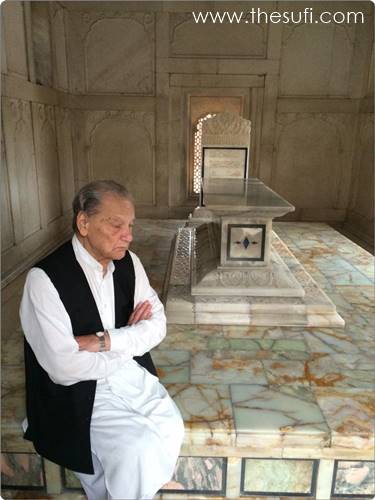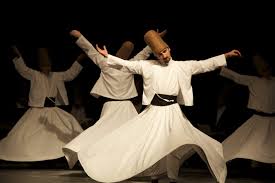How did Allama Iqbal died?
How did Allama Iqbal died? An account of Iqbal’s final moments by his son, Dr. Javed Iqbal
During his youth, Allama Iqbal enjoyed robust health. However, in 1927, he experienced a prolonged bout of renal colic, prompting considerations of seeking treatment in Europe. Acting on the recommendation of Khawaja Hasan Nizami, he sought the expertise of Hakim Nabina from Delhi, whose treatment successfully alleviated his symptoms. Subsequently, sporadic episodes of colic occurred every few years, manageable with Hakim Nabina’s medical interventions.
In 1934, while attending Eid prayers at the Badshahi Mosque, Iqbal fell ill due to exposure to cold weather. Upon his return, he experienced a mild colic attack after consuming vermicelli. Additionally, his vocal cords were affected, resulting in temporary loss of voice. The diagnosis was uncertain; some medical experts speculated issues with the vein connecting his vocal organs to the heart, while others suggested the need for surgery or electric treatment.
Sir Ross Masud, an acquaintance of Iqbal serving as the Education Minister in Bhopal, proposed electric treatment in Bhopal. However, upon consultation with Hakim Nabina, it was advised against, with Lahore recommended as a more suitable location for treatment. Despite undergoing electric therapy in Lahore, Iqbal’s health continued to deteriorate steadily.
Nabina continued treating Allama Iqbal, and while there was some improvement from the electric treatment in Bhopal, his condition persisted. Despite planning to undergo surgery in Europe, the sudden death of his wife in May 1935 left him to care for their two young children, Javid Iqbal, eleven, and Munira, seven. Overwhelmed by grief and responsibility, he postponed his trip, sensing his own mortality. In October 1935, he prepared his will, recognizing the gravity of his illness as his strength waned. Unable to practice law due to his declining health, he received a pension from the Bhopal government, declining additional offers out of gratitude.
Despite his physical decline, Iqbal remained intellectually active, continuing to write poetry and engage in discussions with friends. Even from his sickbed, he exerted influence over Muslim politics, notably through his letters to Quaid-i-Azam, laying the groundwork for Pakistan. His health deteriorated further in 1938, with failing eyesight, asthma attacks, and recurring colic pain. Expert physicians predicted he had only months to live, keeping the severity of his condition hidden from him and the public.

As his condition worsened, Iqbal faced the prospect of death with equanimity, expressing readiness to embrace it. By early April, any hope for recovery dwindled, with signs of internal bleeding indicating a potentially fatal rupture near his heart. Despite friends’ wishes for his recovery and plans for a pilgrimage to Mecca and Madina, Iqbal accepted his fate, acknowledging his impending journey to the afterlife. When a German friend visited him in April, reminiscing about happier days in Germany, Iqbal expressed acceptance of his fate, ready to meet death with a smile. On the night of April 20th, his condition worsened further, with Col. Amir Chand visiting him at 11 o’clock.
At 5 A.M., only Ali Baksh remained by his bedside. Allama Iqbal complained of chest pain and placed his hand on his heart. His head drooped, and as Ali Baksh reached to check his pulse, Allama Iqbal breathed his last breath. With his face turned towards the Qibla, a smile graced his lips, fulfilling his own prophecy that a believer welcomes death with a smile.

Dr. Javid Iqbal, then just fourteen years old, recounted the final night of his father’s life. Allama Iqbal, surrounded by friends and admirers, displayed humor and cheerfulness despite the seriousness of his condition. Unaware of the gravity of his father’s illness, Dr. Javid retired to his room and was later awakened at dawn by Ali Baksh, who urged him to see his father’s condition. Upon entering his father’s room, Dr. Javid saw his sister Munira crying bitterly. Together, they stood at the door, peering in to see Allama Iqbal lying peacefully, his face turned westward, his once-black mustache now gray. Despite Munira’s sobs, Dr. Javid refrained from tears, fearing his father might reprimand him for displaying emotion. In retrospect, Dr. Javid reflected on the lessons his father imparted, even in his final moments, about strength and resilience in the face of grief.

javed iqbal at mazaat of allama iqbal



